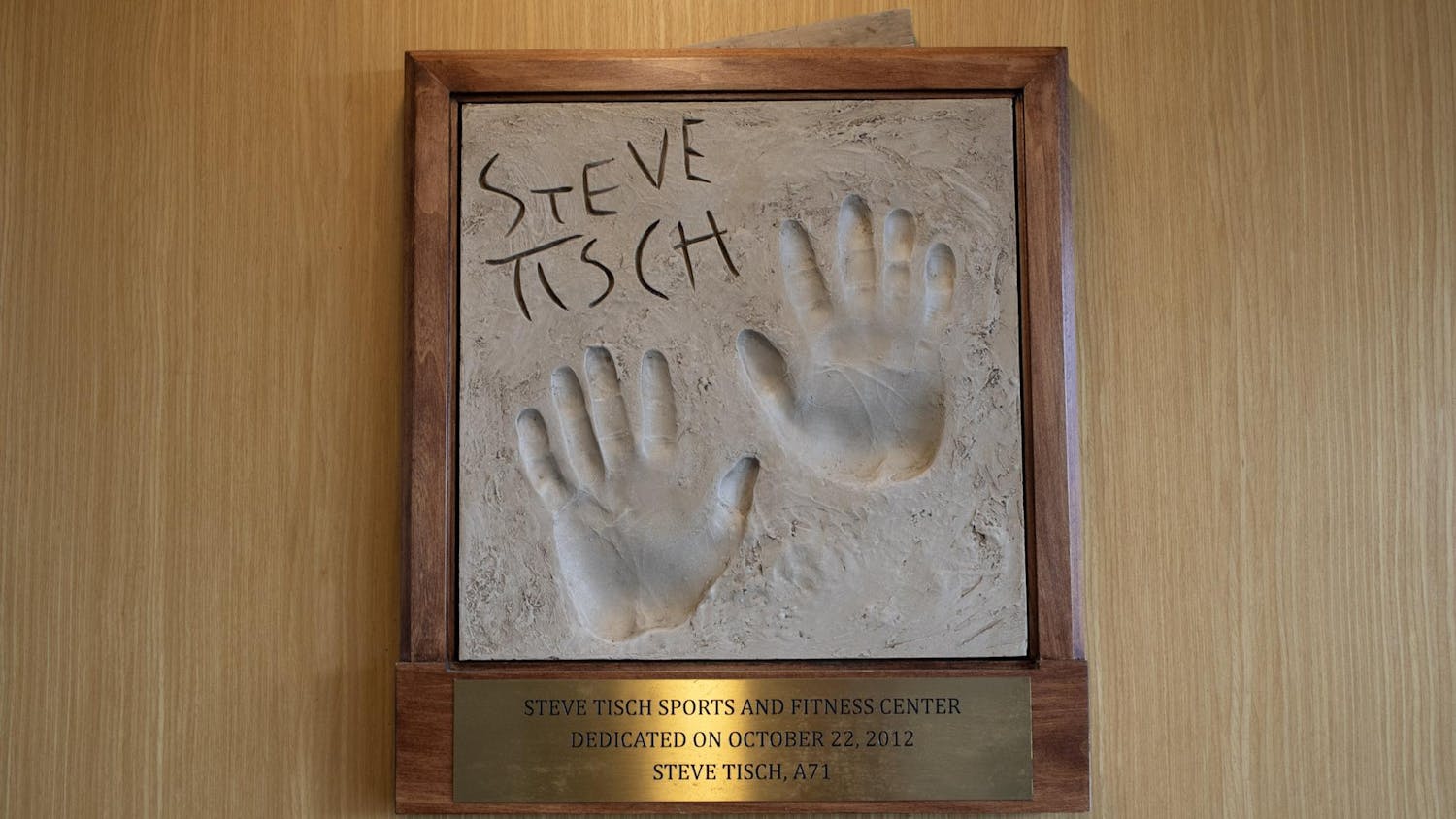The alleged bias incident of April 9, 2009 involving the Korean Students Association and a student whose name has not been released is a subject of controversy because it leaves many members of our Tufts community divided; some may feel this is a case of racism and discrimination while others may feel this is a case of reverse racism and discrimination.
Those on both sides of the "fence" are deeply affected -- in such a situation, there's no such thing as "crying over spilled milk" or "making a big deal out of nothing."
As defined by the Oxford English Dictionary, racism is "the belief that all members of each race possess characteristics, abilities or qualities specific to that race, especially so as to distinguish it as inferior or superior to another race or races," resulting in "prejudice and antagonism towards people of other races," or the "the expression of such prejudice in words or actions."
Racism and discrimination affect the lives of all involved, and sometimes, they inflict pain beyond that of a physical wound because they violate and scar an individual's sense of self.
This bias incident begs us to question the progress of our community and compels us to redirect ourselves in our pursuit of a better and equal future for all. No student should have to face the issues that the incident raised (underage drinking, violence, discrimination and racism) at our university, or elsewhere.
Now is the time for students, faculty, staff, the university administration and the community at large to realize the importance of unity and solidarity. We must look at today and the coming weeks as a time for healing, education, community empowerment and positive change.
Tufts is an institution of higher learning that prides itself on its internationalism, its intellectual exchange and achievements, and its belief in active citizenship. A Tufts University education provides one with a passport to be a citizen of the world. After all, our university's official Vision Statement emphasizes core values of "diversity" and "global orientation." The statement also explains the university's vision for global orientation: "We will cultivate in our students an understanding of the citizens and cultures of the world, realizing this goal through our curriculum, study abroad, and students who come to Tufts from abroad. We will strive to contribute to global intellectual capital, harmony, and well-being."
We must not give up. Silence signals acceptance and pardoning of an inexcusable practice. Racism contradicts the very establishment of our university. Racism and discrimination, in any form, must be addressed. In discussing these pressing issues, we must not forget how this incident truly impacted the lives of some of our peers and classmates. The shock, sadness and distress that follow this incident are real. We have the responsibility to respect our peers and their sentiments, regardless of their affiliation with this event.
We are all in this together. Whether we are Asian-American, Pacific Islander, African-American, Caucasian-American, Latino, Hispanic, Native American or international; whether we are Jews, gentiles, Christians, Muslims, Hindus, Buddhists or atheists; whether we are gay, lesbian, straight, bisexual or transgender; whether we are mainstream or minority, we must acknowledge that as a part of the same community, their burden is ultimately our own.
This is not the first time we have faced the challenges of racism and discrimination at Tufts. One hopes history can teach a lesson. As a community, we can look back upon March 12, 1982, when, according to The Tufts Daily and an official apology from the Brothers of Kappa Chapter Zeta Psi, "pledges" from the fraternity at Tufts "were instructed to line up and yell derogatory remarks of a racial nature such as 'Nuke the G--ks' in front of Start House," a residence at 14 Latin Way for Asian-American residents. Yet even from the pain, outrage and controversy that surrounded this event, there were positive outcomes. The brothers of Zeta Psi extended a formal apology to the Asian community at Tufts for this "unfortunate incident" and members of the Tufts community came together in support of positive change. The incident and its aftermath eventually led to the founding of the Asian American Center in 1983.
Today, in going forward, let us not lose courage, let us not lose faith, let us not allow history to repeat itself, and let us not forget what truth we hold to be self-evident --that all men and women are created equal.
We've already begun to step in the right direction, with multiple student organizations organizing and recognizing the importance and merits of this incident; students have already begun a dialogue with the administration, students have exchanged outpouring of opinions and ideas through media such as Facebook.com, and the April 9, 2009 rally which will be held this afternoon. The word and the need to progress and change for the better is spreading; we need to keep the momentum going.
This bias incident provides an opportunity for the parties directly involved and for the greater Tufts community to reconstruct our understanding and embrace -- not just tolerate -- diversity on campus and in the larger world.
This is not a time for division or for finger pointing. The university administration has yet to come to a decision regarding this alleged bias incident. We must remain patient and not jump to conclusions. No one is in a position to speculate about what took place without relying on established facts, as some have been inclined to do. Most importantly, we must realize that this is a time for all of Tufts to unite with a clear vision inspired by the promise of the future.
Let us move forward, together, remembering the dream and the words of a great leader: That one day we can live in a world where we "will not be judged by the color of our skin but by the content of our character."
--
Ernest Kim is a sophomore majoring in quantative economics. Mary Jo Pham is a sophomore majoring in International Relations.





